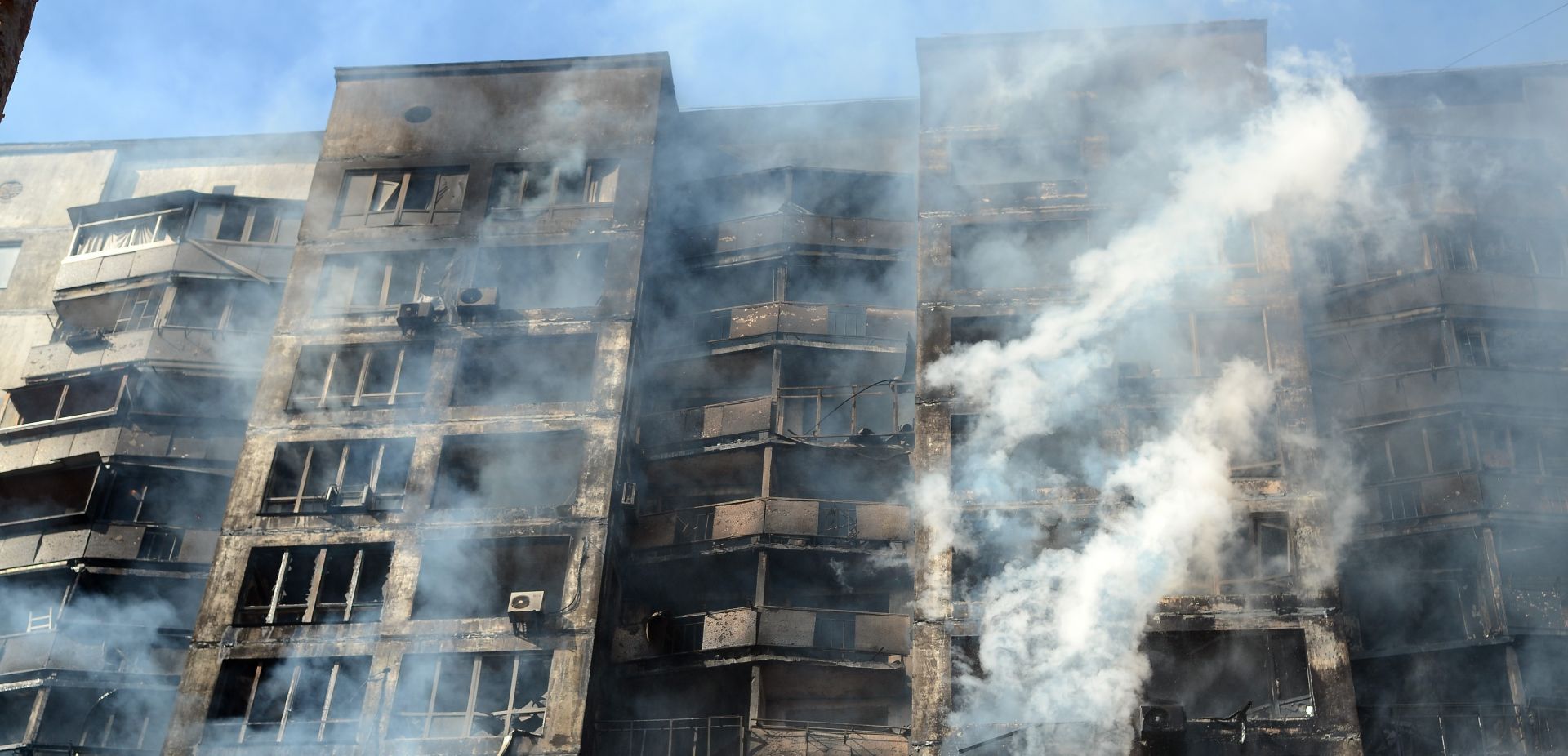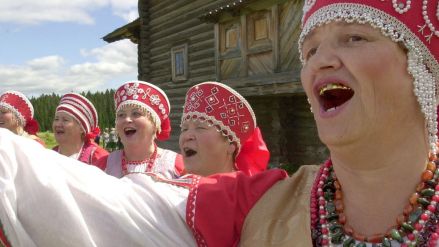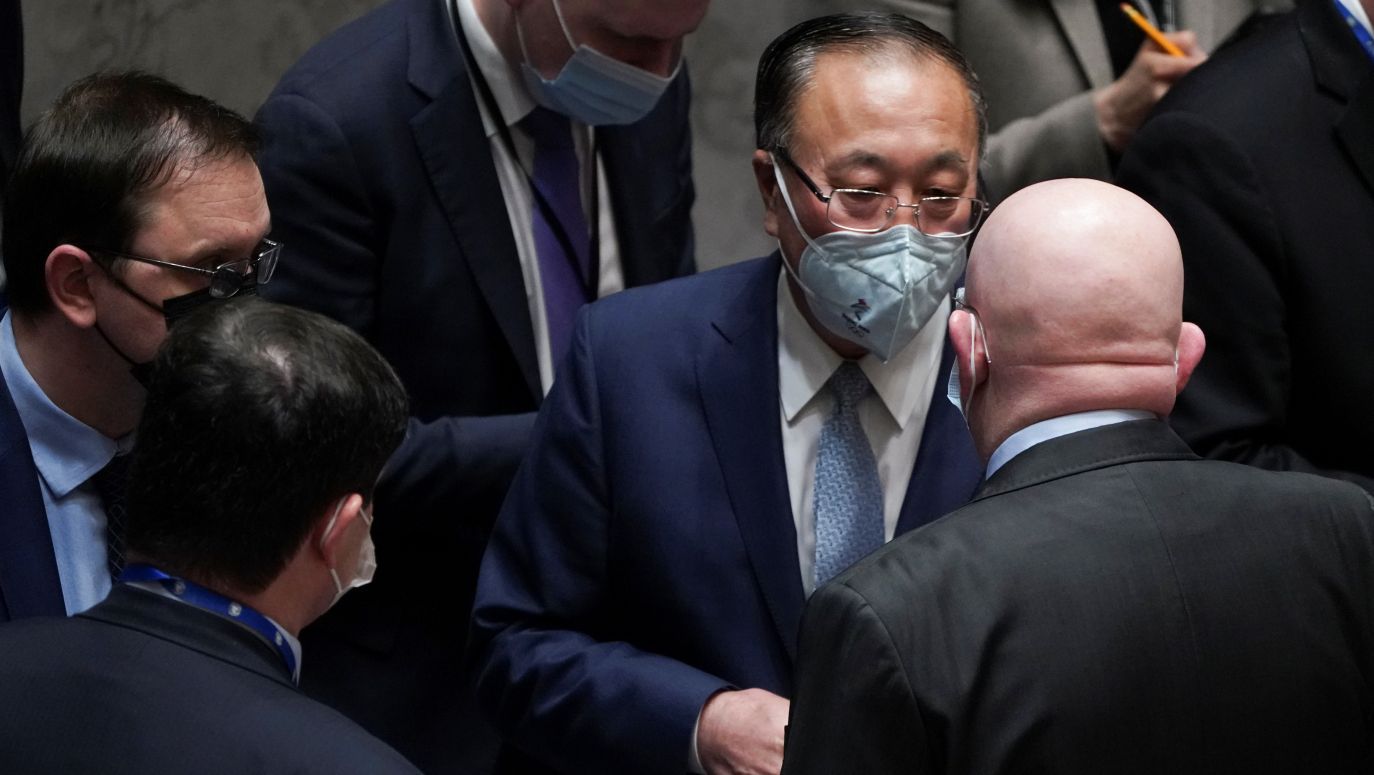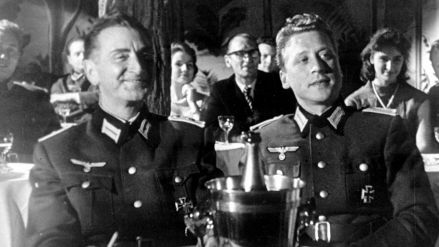"When the savages in Louisiana want fruit, they cut down the tree by the very ground and pick it. That is the essence of despotism." (Montesquieu)
Montesquieu wronged "the savages in Louisiana", but he accurately described the essence of despotism and the character of people raised in despotism. "The savages in Louisiana" let us replace "the savages of Russia" and the rest of the description becomes adequate. Ukraine is a good example of this. How did this happen? Let us just go back over three decades, i.e. from the collapse of the USSR.
 WAR IN UKRAINE
WAR IN UKRAINE 
The USSR was formally a federation of three sovereign states represented in the UN: Belarus, Russia and Ukraine. On 8 December 1991, the presidents of Russia and Ukraine and the chairman of the Supreme Council of Belarus signed an agreement on the creation of the Commonwealth of Independent States, thus dissolving the Union of Soviet Socialist Republics. The Baltic republics - Estonia, Lithuania and Latvia - did not join the CIS. br>
President Boris Yeltsin saw in the CIS a vehicle for rebuilding the neo-Soviet Union on a new basis, with him as head of state. The vehicle turned out to be a weak basis for rebuilding the "federation". Georgia withdrew from the CIS in 2009, Ukraine in 2018. The remaining states have retained a significant degree of independence from the Russian Federation.
Russia has secured outposts to control some of them - it has torn Abkhazia and then South Ossetia from Georgia, Transnistria from Moldova, Nagorno-Karabakh has been turned into an instrument of control over Armenia and Azerbaijan. Central Asia temporarily became a condominium jointly supervised by Russia and China.
Russia has never given up on Belarus and Ukraine. With the former it went relatively easily. Ukraine was a bigger problem In 1994, on the occasion of a conference in Berlin, I asked one of the wiser Russian specialists in international affairs about the barriers to good relations between Russia and Poland. He replied that every meeting between representatives of the Polish and Ukrainian governments makes the Kremlin nervous. I noted that Poland cares about the political stability of Ukraine and its economic development, but also about good relations between Russia and Ukraine, which is reflected in Polish policy. He took note of this, but did not take a stand. br>
In short, isolating Ukraine, preventing it from joining cooperation with the West, was a priority for Russia from the outset. The political stability and economic development of Ukraine were therefore also seen as a threat to Russian imperial interests. There is an irresolvable contradiction between the Polish raison d'état and Russian imperial aspirations.
There was no success
Russia's elite in the 1990s believed in the chance of rebuilding the economy in cooperation with the West and based on revenues from the oil and gas sector. In the West, too, these intentions met with a positive response in the form of an influx of investment and political support.









